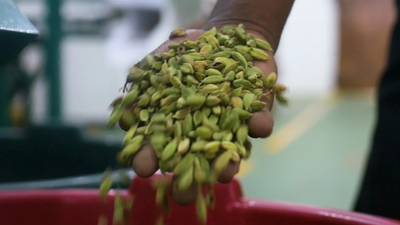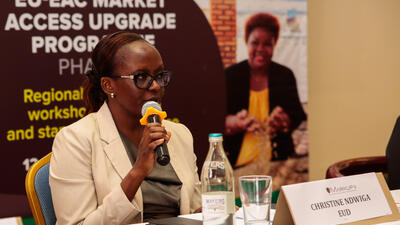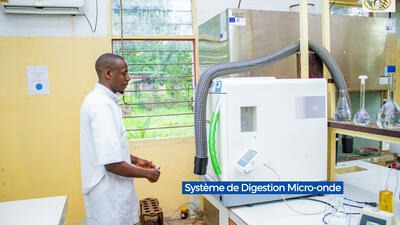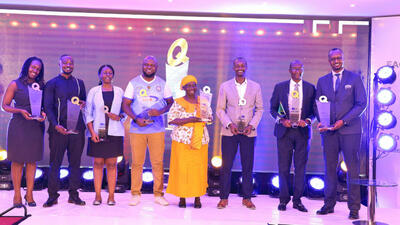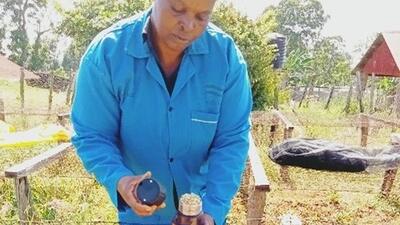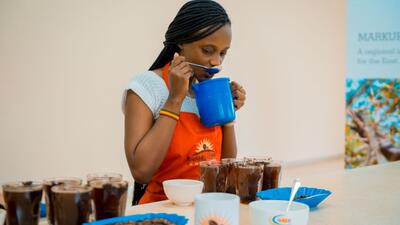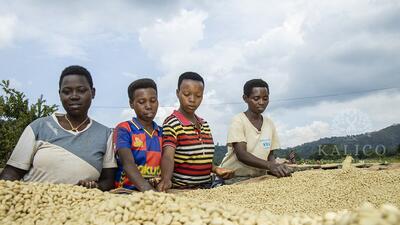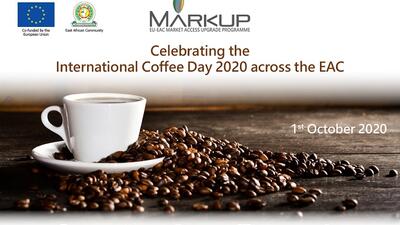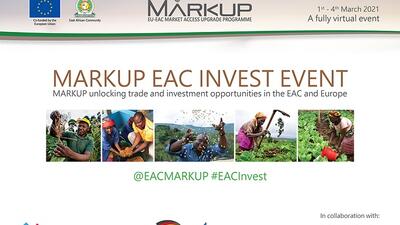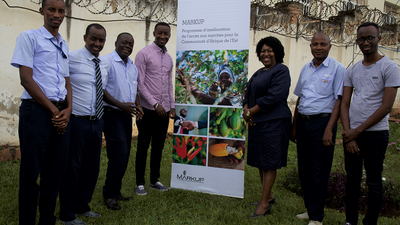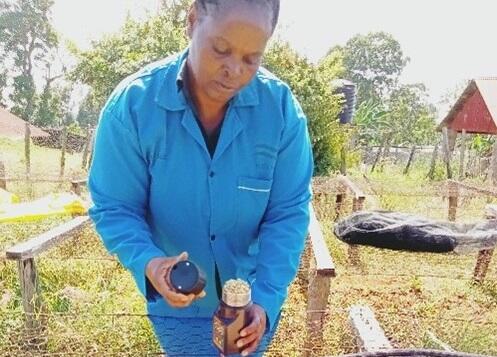
A satisfying brew in the East African Community
“Traditionally, we used to check moisture in coffee beans manually, but now we can meet the standard where coffee is ready for storage and milling. We received the highest payments due the quality improvements because of using the moisture meter!” representative of Katheri farmers’ co-operative society limited in Kenya, says.
“Before processing, the moisture meters help ascertain the exact level of moisture content to avoid broken beans and product losses. We also use it to measure our coffee in parchment, so the small equipment is very useful. We now also have a coffee laboratory, where we use the moisture meters before roasting and sampling of green coffee.” Representative of Haromama Coffee Dry Mill in Burundi describes the benefits of moisture meters.
Determination of water content and determination of loss in mass at 105 degrees Celsius are internationally recognized benchmarks that exporting and importing countries should comply with to gain wider access to markets.
These international standards also need to be complied with for ensuring top quality and safety of products and services for international trade.
ISO certifications and adhering to guidelines as set out in ISOs can influence the buyer-seller relationship. Coffee beans with the required moisture content level can lead to lower product rejections and help fetch better prices in the international market.
Using moisture meters at purchasing, processing, and marketing and export stages, enables SMES to make beneficial gains in overall quality control improvements, product quality, and improved business profitability.
Katheri farmers’ co-operative and Haromama Coffee Dry Mill are among 142 small and medium-sized businesses that are now producing export quality coffee in the in the East African Community (EAC).
Improvements in business, and operational changes, can certainly enable SMEs to increase their trade competitiveness.
The International Trade Centre through the EU-EAC MARKUP programme provided moisture meters to coffee SMEs in Burundi, Kenya Rwanda, Tanzania and Uganda.
About MARKUP
The European Union (EU) - East African Community (EAC) Market Access Upgrade Programme (MARKUP) is a regional trade development initiative, which aims to address both the supply side and market access constraints of selected key export-oriented sectors.
MARKUP aims to increase exports of agribusiness and horticultural products and promote regional integration and access to the European market by addressing specific challenges that small and medium enterprises, trade and investment support institutions and policymakers face in accessing regional and EU export markets.
Funded by the EU, the programme is implemented by the Gesellschaft für Internationale Zusammenarbeit (GIZ), the International Trade Centre (ITC), the United Nations Industrial Development Organization (UNIDO), and other national partners.




